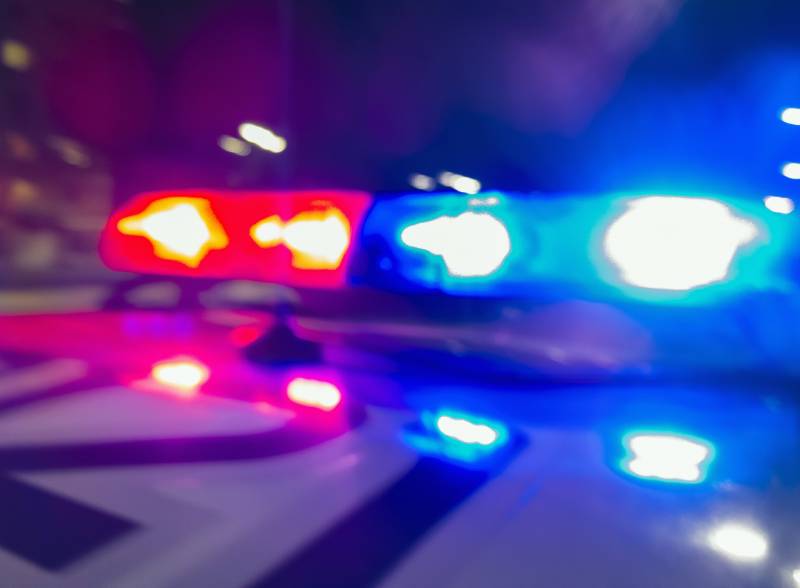The problem with that is everything in there is part of the record, and if you're trying to have a very confidential open, therapeutic session, then there might be things in there that you also do not want to come out later in a legal proceeding (if you choose to report to law enforcement).
You can seek medical care for an assault if you have injuries, and/or if you want prophylactics or STD prophylactics. You can do what’s called an “anonymous sexual assault exam,” and that doesn't go to the police, but it stays within the hospital records so that if you want to report at a later time, then you can activate that. But the record is there.
It's important for survivors to know they can seek medical care, go to a hospital and they can even get a rape kit exam done. They can say, “I want this to be anonymous,” and it will not get reported to the police.
Here is more information from Bay Area Women Against Rape about a survivor's choice on whether or not to report to police.
What if you’ve experienced sexual harassment or assault by a police officer, but you’re doubting or rationalizing the situation?
It's really important for women to trust their intuition. I think a lot of times, we do second guess ourselves.
I would recommend people to read (a) book by Gavin de Becker, "The Gift of Fear" … What he talks about in this book, is we usually have that little voice in our head that tells us when something's not quite right. Some people listen to that voice, they trust that voice. And some people go and second guess it.
Most people don't want to be afraid. They don't want to come across as being paranoid or doing things out of fear. So that voice is actually kind of trained in the wrong way in our brains. A lot of times you'll get a tightness in your stomach — or you’ll get like a sense that something is not right here — and I think that we need to trust that even if there's no proof, trust the voice that says, “Something's not right here. You need to get out of here."
Here is more information from RAINN on sexual violence laws in California.
What resources does RAINN provide for survivors of sexual assault?
RAINN is an anonymous and confidential hotline. Anyone can come to our hotline to get support and our hotline staff is 24/7. If you need to stay on the phone with someone for two hours, they're going to stay on the phone with you for that long.
It's an amazing service: It's free, it's confidential. And depending on what your needs are, if you want to understand the legal process, if you just want some emotional support or if you want to be connected to services in your local area — all of that can be done through our hotline.
Additional Resources:
Here is a list of resources for survivors of sexual assault and harassment:
- RAINN's National Sexual Assault Hotline provides support, information, advice or referrals by online chat or phone at (800) 656-HOPE. Here is a search tool to find local, independent sexual assault service providers.
- Bay Area Women Against Rape has a 24-hr Sexual Assault Crisis Hotline at (510) 845-7273 and provides in-person counseling services, and as well as hospital, police and courtroom accompaniments.
- San Francisco Women Against Rape has a 24-hour hotline for crisis counselors to offer support, information and resources at (415) 647-RAPE.
- The Bay Area Trauma Recovery Center helps facilitate healing for survivors of trauma and violence, including mental health services, and medical services for sexual assault within 72 hours.
Bay Area Women Against Rape has tips on how to support loved one who has experienced sexual violence.
Here is a referral guide from San Francisco Women Against Rape that includes more reources.

